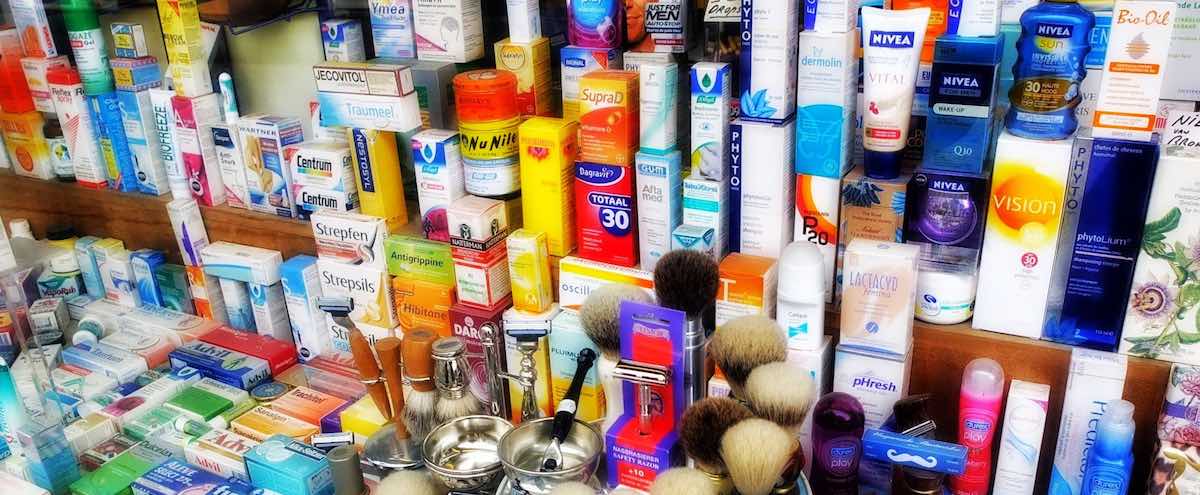
Currently, cosmetic manufacturers have no legal obligation in the U.S. to report health problems from their products, many of which contain known toxic ingredients—and they don’t need to prove the products’ safety before they are sold in stores.
Government regulators have never assessed the safety of any products on store shelves and, as a result, American consumers are ingesting potentially harmful ingredients through their skin without knowing it — ingredients like Propylparaben, Isobutane, and phthalates in perfumes and lotions, which contain hormone disruptors.
Do you use Pantene or Suave shampoo? Do you know what ingredients are in products you use from Dove, Oil of Olay, Aveeno, Lubriderm or Neutrogena?
Countless products contain concerning and unsafe ingredients, and a coalition of industry giants and Congressional Senators are poised to finally take action.
Last September, a coalition of companies dedicated to safer, more natural, personal care products descended on Washington, D.C. to support a new bipartisan bill, the Personal Care Products Safety Act (S. 1113), introduced by Democratic Senators Dianne Feinstein and Republican Susan Collins which demands more protective laws governing that industry.
Mainstream cosmetics companies including L’Oreal, Revlon, Proctor & Gamble, Johnson & Johnson, Unilever, and Estee Lauder have confirmed support for the bill, which has attracted 15 co-sponsors in Congress.
Last month, the eldest Kardashian daughter, Kourtney, traveled to D.C. to push for the reform and tell Congress to “do its job”.
“Even going into a store to buy just about anything…you shouldn’t have to walk around aimlessly asking ‘Is this okay?’ ‘Is this not okay?’ Kardashian said during a briefing with New Jersey Rep. Frank Pallone Jr. “Everybody should have the right to healthy products.”
Unlike in Europe and Canada, U.S. laws that do govern the $62 billion beauty industry in America are eight decades old with no rules requiring disclosure or adequate testing. While nearly 1,400 ingredients are banned from personal care products in Europe, the US has eliminated only 30. The Feinstein-Collins bill would require the FDA to investigate the safety of five cosmetics contaminants yearly, while requiring cosmetics makers to disclose ingredients, report incidents involving harm to health, and give the FDA authority to recall dangerous products.
In…










